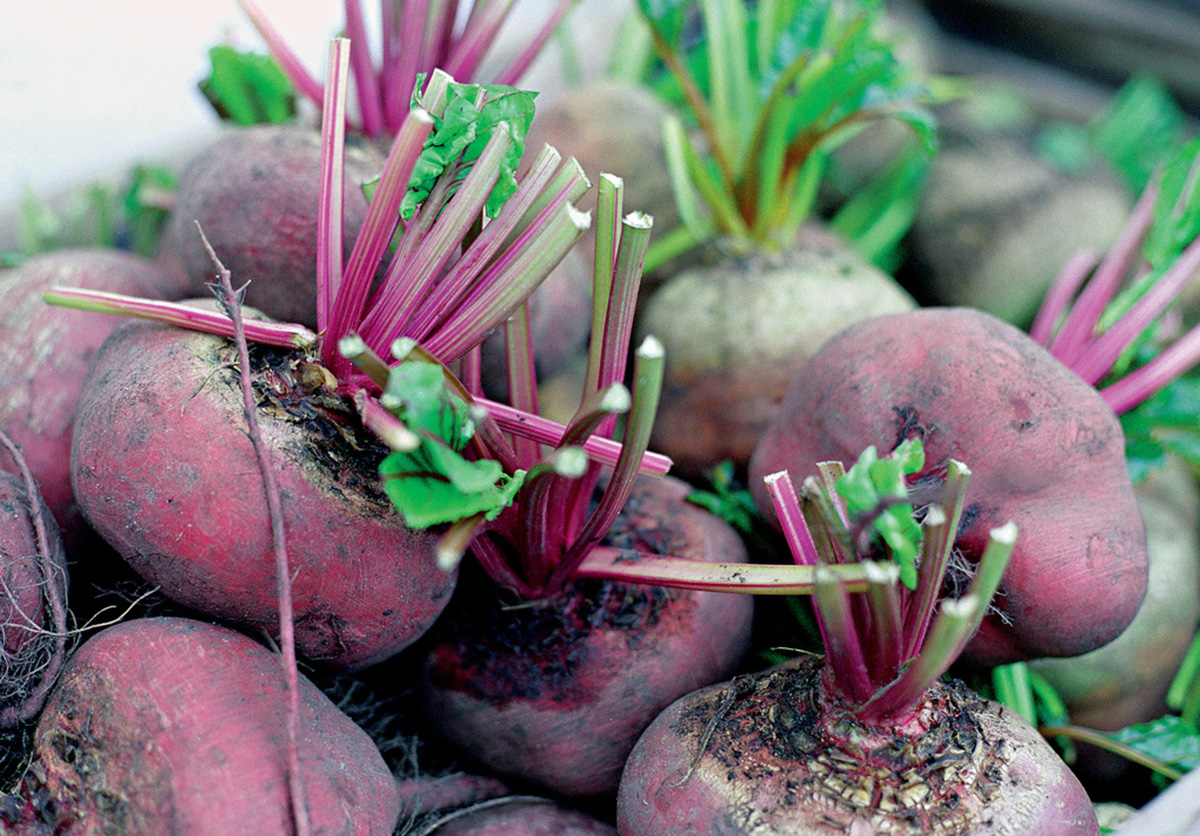Table of Contents
The evidence is mixed. It seems that beetroot is best at increasing power,then strength and only as an afterthought endurance. Some studies suggest it doesn;’t improve pure endurance, like long distance cycling, very much at all. Others strongly indicate that beetroot helps with endurance. If you’re interested in power or in building muscle, beetroot can help. If you’re a short-distance cyclist or runner the evidence base is there to say beetroot can make a significant difference to your goals.
What About Endurance Athletes?
Endurance athletes like marathon runners and long-distance cyclists aren’t as well served by the effects of beetroot as other athletes. In one study, eating two medium sized beetroots before completing a 5km timed treadmill run produced a three percent increase in speed over the control group — nothing to sniff at when it equates to a 41 second time difference.

And in another study, cyclists who drank half a liter of beetroot juice before a 10-mile cycle ride saw the same three percent bump in performance. For endurance athletes, however, beetroot has to be "preloaded" — unlike power and strength, endurance doesn’t benefit from beetroot immediately and it usually takes a week or so to become effective.
Are There Any Side Effects To 'Juicing'?
Beetroots are very high in fiber and their flavor is an acquired taste, so betaine is sold as a supplement and concentrated beetroot shots are also available. If you eat a large amount of beetroots, it can stain your urine and stool slightly pink. This has nothing to do with health, it’s just dye, but it can be a bit unsettling. And eating a lot of beetroots when you’re not used to it can cause some gastrointestinal discomfort.
That’s about it for negative side effects, but there are some positive side effects too.
Beetroot can help with your iron and folate levels, and betaine has some evidence behind it as a preventative against certain types of cancer. Beetroot also helps improve liver function and contains tryptophan which theoretically increases relaxation and wellbeing, though many dietary sources can’t pass the blood-brain barrier in practice.
READ Juice It Up For Better Health
In short, there's nothing to lose from trying beetroot. If you’re using betaine as a supplement, the usual dosage is about 1.5g to 2g daily and the same before each training session. Eating two medium beetroots or drinking about half a liter of beetroot juice is roughly equivalent to this.
- Gretchen Reynolds, Looking for Fitness in a Glass of Juice, New York Times http://well.blogs.nytimes.com/2012/08/08/looking-for-fitness-in-a-glass-of-juice/?_r=2
- Acute dietary nitrate supplementation improves cycling time trial performance, lankly et al http://www.ncbi.nlm.nih.gov/pubmed/21471821
- Marjorie Miller, To beet or not to beet? Researchers test theories of beet juice benefits Penn State News http://news.psu.edu/story/341148/2015/01/19/research/beet-or-not-beet-researchers-test-theories-beet-juice-benefits
- Photo courtesy of tillwe via Flickr: www.flickr.com/photos/tillwe/3210113779
- Photo courtesy of tillwe via Flickr: www.flickr.com/photos/tillwe/3210113779
- Photo courtesy of Skånska Matupplevelser via Flickr: www.flickr.com/photos/matupplevelser/4644483562


Your thoughts on this